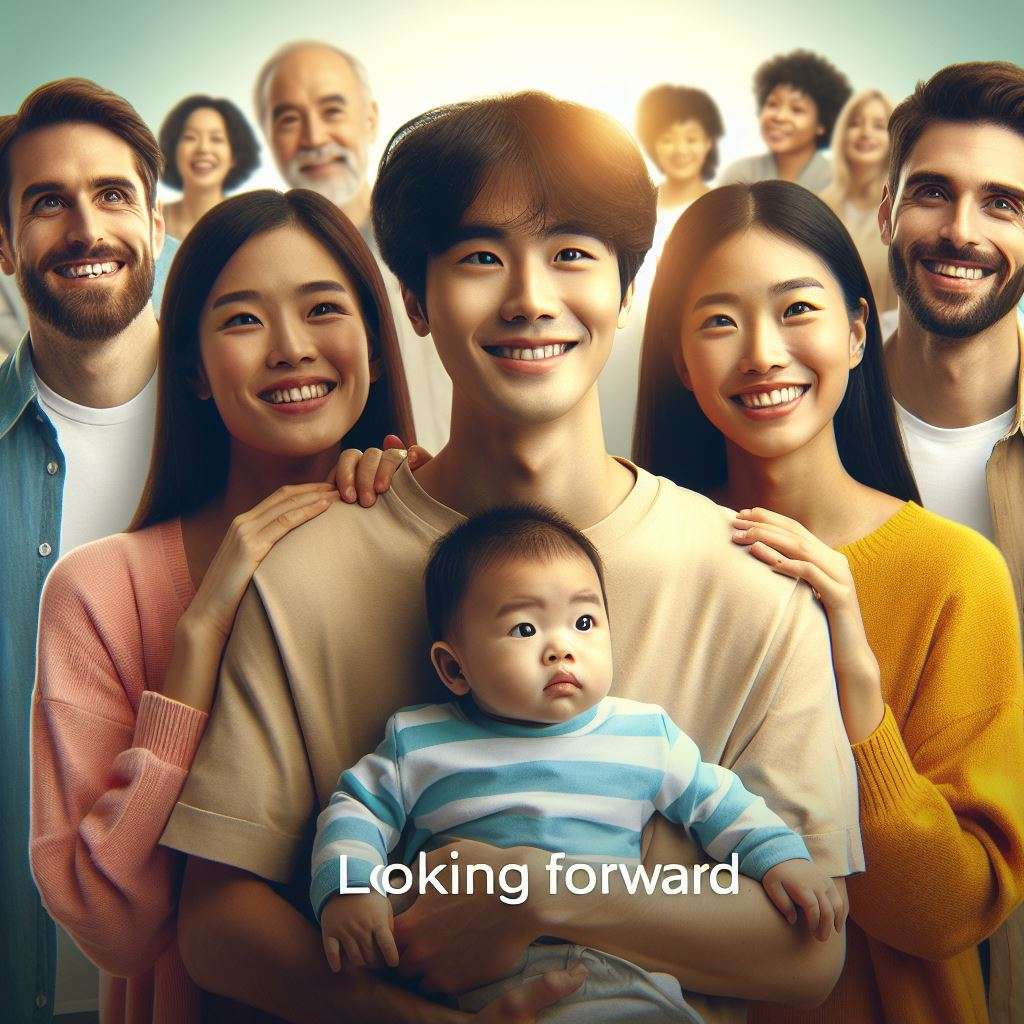
1. Changing Perceptions of Marriage and Partnerships
A. Delayed Marriages and Rising Age of First Marriage
Korean youth are increasingly delaying marriage, a trend that has significant implications for family life. Statistics Korea reported a noticeable increase in the average age of first marriage, which now stands at 33.4 years for men and 30.6 years for women as of 2023. This shift reflects a variety of factors, including career ambitions, financial stability concerns, and a growing emphasis on personal fulfillment.
B. Preference for Non-Traditional Relationships
There is a growing acceptance and preference for non-traditional relationships among Korean youth. Cohabitation without marriage, once a taboo, is becoming more common. This trend is reflective of a broader liberalization in attitudes towards relationships, mirroring changes seen in other parts of the world.
2. Evolving Family Structures
A. Decline in Multi-Generational Households
Traditionally, Korean families often lived in multi-generational households. However, there’s a noticeable trend towards nuclear family setups or even single-person households. According to the 2023 Census, the percentage of single-person households in Korea has risen to 34.7%. This shift is influenced by the desire for independence, mobility for career opportunities, and changing social norms.
B. Increasing Diversity in Family Forms
Korea is witnessing a diversification in family structures. This includes an increase in international marriages, single-parent families, and childfree couples. These changes are indicative of a society that is becoming more inclusive and open to different forms of family life.
3. Work-Life Balance and Parenting
A. Shift Towards Work-Life Balance
Korean youth are increasingly prioritizing work-life balance, a significant shift from the previous generations’ focus on work and financial success. This change is influencing parenting styles, with more emphasis on quality time with children and shared parenting responsibilities.
B. Progressive Parenting Approaches
There’s a move away from traditional authoritative parenting styles to more progressive approaches. Korean parents are now more focused on fostering independence and creativity in their children, aligning with global parenting trends that emphasize emotional well-being and holistic development.
4. Technology’s Role in Family Dynamics
A. Digital Connectivity and Family Interactions
Technology plays a crucial role in modern Korean family life. With high internet penetration and smartphone usage, digital platforms are increasingly used for family interactions, from coordinating daily activities to maintaining long-distance relationships.
B. Smart Home Technologies and Family Convenience
Advancements in smart home technologies are reshaping daily family routines, offering unprecedented levels of convenience and efficiency. This is particularly appealing to the tech-savvy Korean youth, who are quick to adopt these innovations.
5. Social and Policy Implications
A. Impacts on Housing and Urban Development
These shifts in family dynamics are influencing housing demands and urban development. There’s an increasing need for smaller, more affordable housing options, as well as community spaces that cater to diverse family structures.
B. Policy Adjustments for Emerging Family Needs
The government is adapting its policies to meet the changing needs of families. This includes revised childcare policies, support for work-life balance, and initiatives to support non-traditional families.
Korea’s Youth :Conclusion
Korea’s youth are not just participants in these changes; they are the architects of a new era of family life. Their choices and preferences are shaping a future that is more diverse, flexible, and inclusive, reflecting the dynamic nature of Korean society. As these trends continue to evolve, they offer a fascinating glimpse into the future of family life in Korea and potentially, the world.
The Untold Story: Exploring the Reasons Behind Korea’s Declining Family Rates
Hi, I’m [jeybee]. As a long-time resident of Seoul, I’m passionate about uncovering the authentic, everyday magic of Korea. This blog is my way of sharing my favorite spots, tips, and cultural insights with you, beyond the usual tourist traps.

